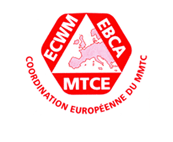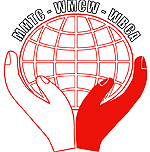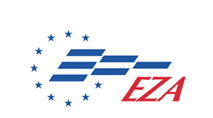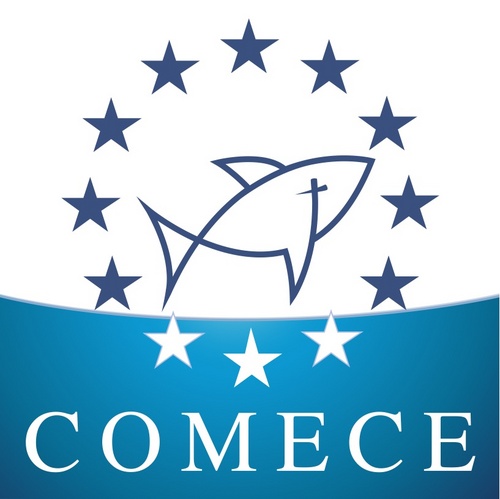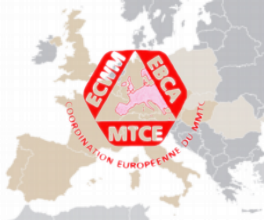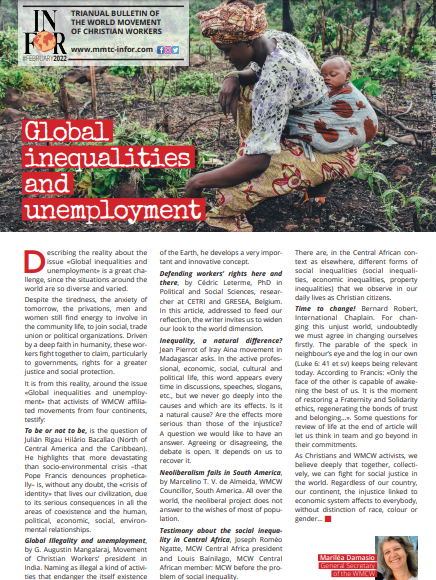
- Details

In order to make the European economy more competitive and modernize it thoroughly the governments of the European Union during a conference in Lisbon in 2000 set themselves an ambitious target with the so-called Lisbon Strategy: till the year 2010 the European Union is to become the most competitive and dynamic knowledge-based economic area of the world. An economic area is to be developed, which will achieve continuous growth, create better jobs and bring about social progress. The question of education and qualification of people thus became an important task in Europe.
At first questions of the comparability of formal educational and vocational qualifications and, because of the high unemployment in Europe, the promotion of the employability of people. But then concepts like “competencies” and “key qualifications” came into sight more and more. This refers to skills required both for practicing a profession and for one’s private and social everyday life. In 2008 a so-called European Qualification Framework was finally created, a system for a uniform assessment of education in all Europe. The 27 member states of the European Union are now obliged to interlink their national education and qualification systems with the European Qualification Framework till the year or 2012.
Facts:
General education, vocational further training and lifelong learning play an important role within the EU both from an economic and a social point of view. In the year 2005 98.3 million school and university students were registered in an educational institution in the EU-27. In addition 85.7 % of all four-year olds attended a pre-school. The rates of participation in pre-school education vary however from, for example, 100 % in Belgium, France and Italy to under 50 % in, for example, Ireland and Poland. For the field of lifelong learning it was found in 2006 that 9.6 % of all persons aged 25 to 64 took part in a training and further education measure during the survey period.